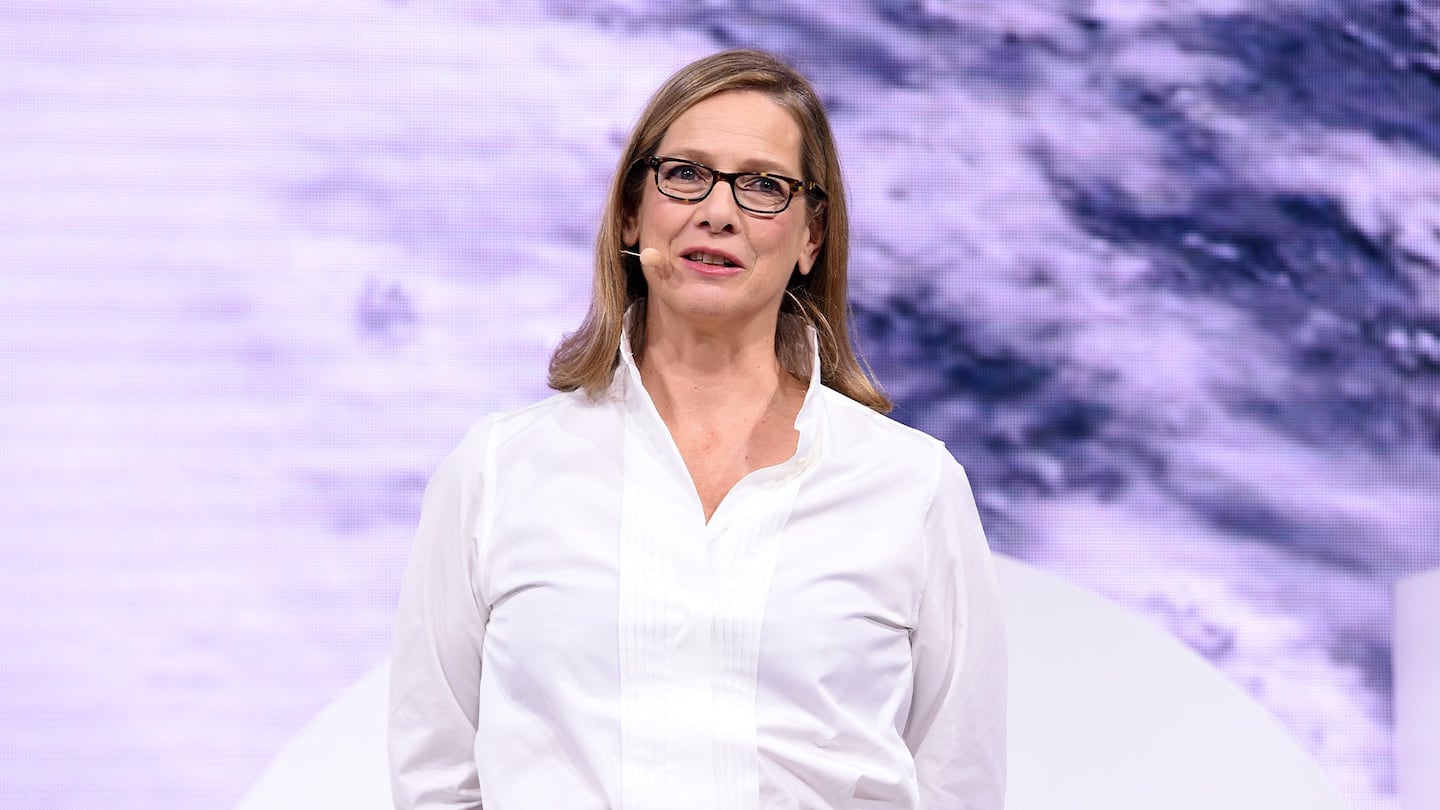
The Business of Fashion
Agenda-setting intelligence, analysis and advice for the global fashion community.

Agenda-setting intelligence, analysis and advice for the global fashion community.

OXFORDSHIRE, United Kingdom — When veteran fashion journalist Dana Thomas began researching her latest book, “Fashionopolis: The Price of Fast Fashion and the Future of Clothes,” an examination of the damage fashion is doing to the earth, she quickly discovered that the majority of the industry’s changemakers were women.
“Every single woman in this book who had a great idea was told, you’re crazy, it’ll never work,” she said on stage at BoF VOICES. “And yet, they didn’t stop.”
Thomas first turned her attention to 33-year-old Sarah Bellos, founder of Stony Creek Colors, a natural indigo dye company in Goodlettsville, Tennessee, that works with companies like Cone Denim and Patagonia. Bellos’ goal is to get more companies using natural indigo, which she says is less harmful than synthetic indigo made of chemicals including cyanide and formaldehyde. During Thomas’ reporting, Bellos told her that “Pollution is the cheapest way to do business.”
“Bellos is trying to change that mindset,” Thomas said.
ADVERTISEMENT
As is Sally Fox, who Thomas called the “mother of modern organic cotton.” Throughout her career, Fox has struggled against conventional cotton farmers, losing big contracts with the likes of Levi’s in her battle.
There’s also Stacy Flynn, the founder of Evrnu, which produces a fibre made from old cotton garments. Her process uses 98 percent less water than virgin cotton, and produces 80 percent less greenhouse gas emissions than many popular synthetic fibres including polyester, viscose and elastane.
More than 20 years after Fox worked with Levi’s to incorporate organic cotton into its supply chain, the denim brand has tapped Evrnu to create a new denim prototype.
Fashion designer Natalie Chanin took her New York acclaim to her hometown of Florence, Alabama, which saw its industry, and economy, wiped out after the North American Free Trade Agreement (NAFTA), enacted in 1994, compelled manufacturers to move their production abroad. Today, Chanin runs a made-to-order business, employing local seamstresses trained with the support of Nest, a non-profit that provides education and funding to artisans across the globe.
But it was perhaps the story of former VOICES speaker and BoF cover star Kalpona Akter, that cut closest to the bone. Akter became a union organiser at age 15, forming the Bangladesh Center for Worker Solidarity after she was fired and blacklisted from the manufacturing workforce.
“It was stupid for the factory owners to fire me,” Akter told Thomas. “If they had kept me I wouldn’t have become an organiser advocating for workers around the world.”
Akter continues to fight for workers' rights in Bangladesh, often putting her life in danger in order to do so. Thomas found her, and the other women she spotlighted in the book, to be "inspiring, courageous, bold and inventive," she said. "Their care for Mother Earth and humankind is sincere."
To learn more about VOICES, BoF’s annual gathering for big thinkers, visit our VOICES website, where you can find all the details on our invitation-only global gathering.
Europe’s Parliament has signed off rules that will make brands more accountable for what happens in their supply chains, ban products made with forced labour and set new environmental standards for the design and disposal of products.
Fashion’s biggest sustainable cotton certifier said it found no evidence of non-compliance at farms covered by its standard, but acknowledged weaknesses in its monitoring approach.
As they move to protect their intellectual property, big brands are coming into conflict with a growing class of up-and-coming designers working with refashioned designer gear.
The industry needs to ditch its reliance on fossil-fuel-based materials like polyester in order to meet climate targets, according to a new report from Textile Exchange.